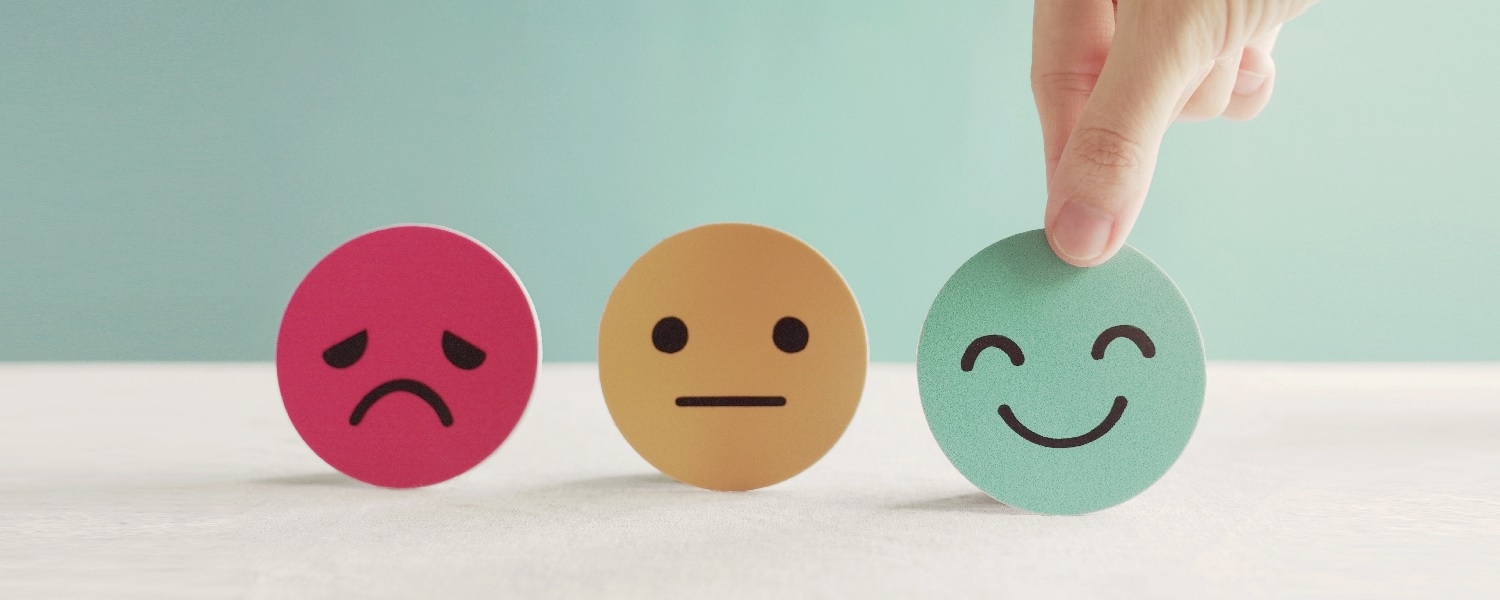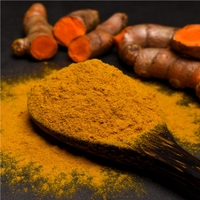
Probiotic with SAMe may improve depression symptoms
New research suggests that a combination of the supplement S-adenosylmethionine (SAMe) and the probiotic Lactobacillus plantarum (L. plantarum) HEAL9 strain may rapidly alleviate symptoms of depression and anxiety (1).
In 90 patients with subclinical or mild-to-moderate depression (according to ICD-10 diagnostic criteria and confirmed by mean of Zung's Self-Rating Depression Scale (2)), 6 weeks of treatment with SAMe (200mg) plus L. plantarum HEAL9 (1 billion CFU) resulted in significant reductions in depression, anxiety and cognitive symptoms as early as 2 weeks following treatment initiation compared to placebo (1).
SAMe has been studied as a monotherapy for major depressive disorder (MDD) where it showed favourable but insignificant improvements in symptoms. SAMe was however effective in reducing depression amongst participants with milder depression severity (3).
Extensive research has shed light on the role of a disrupted microbiome in patients with depressive disorders suggesting a role for probiotic supplementation (4,5,6). L. Plantarum 299v was found to be beneficial in patients with MDD (7) and stressed adults with mild depression (8).
In this latest clinical trial, the combination treatment was safe, with no treatment-related adverse effects (1).
This study included a relatively small number of participants over a short treatment period, therefore long term effects cannot be assessed. Nevertheless, the results are very promising and worth investigating further.




